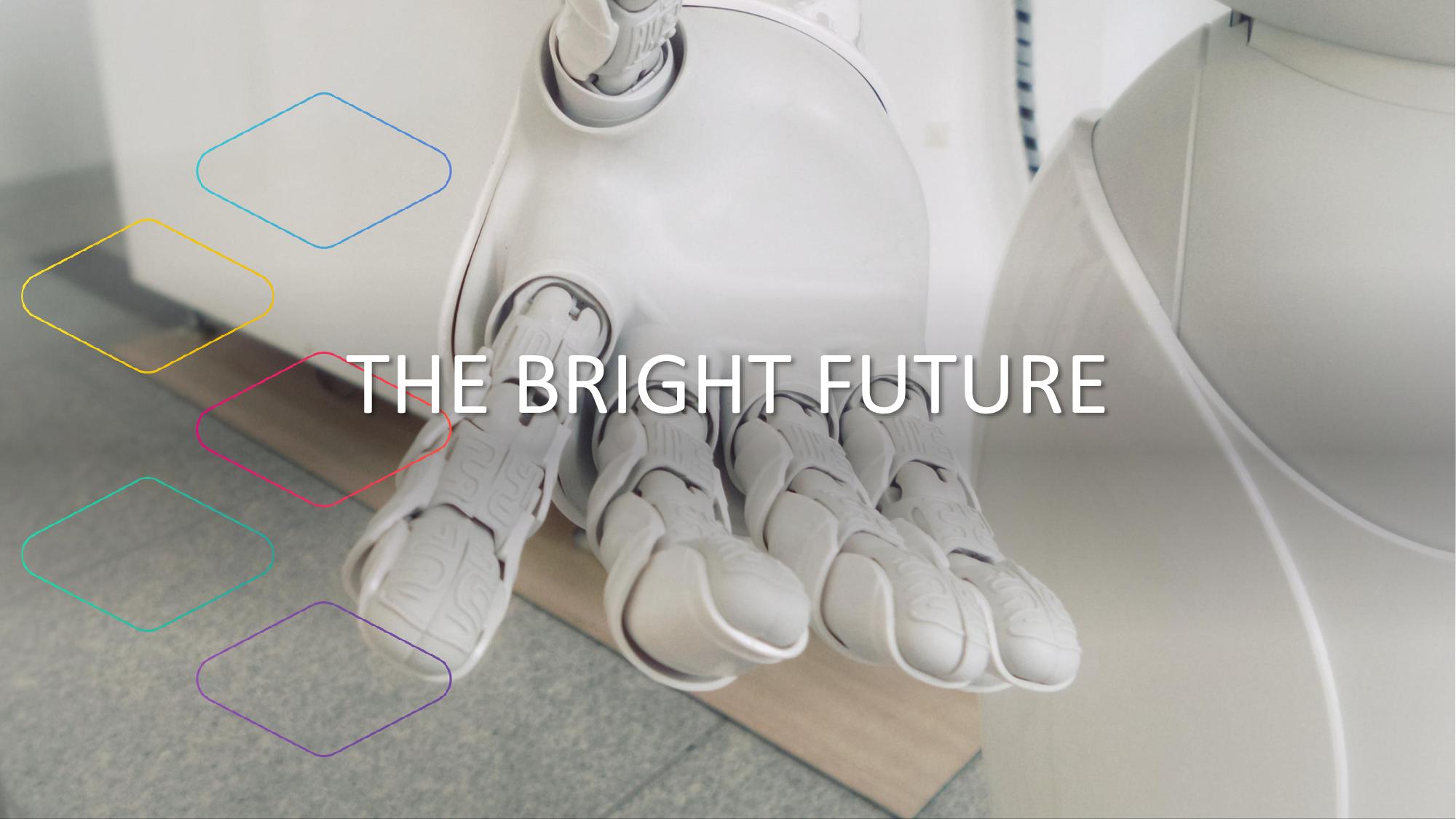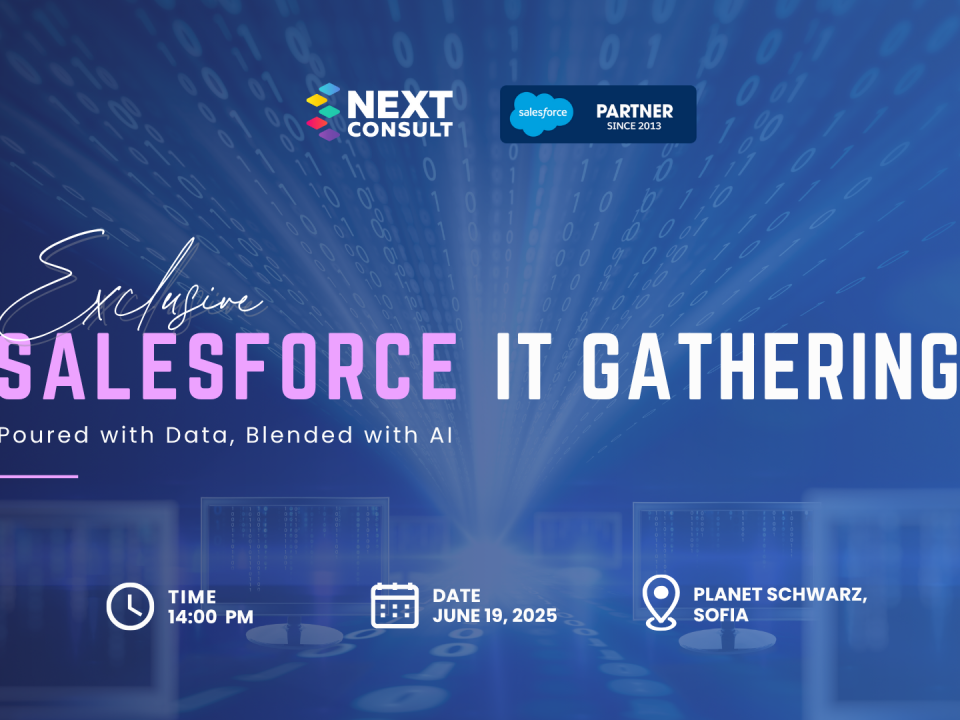
THE BRIGHT FUTURE OF RPA
Today, the work process is based on a different philosophy - remote work, flexible working hours, less physical space, combining personal and professional life at the same time in the same place, highly digitized and now clearly focused on results, not on the time spent at the office.

The change in the environment and the dynamics of our "new reality" made us think about how quickly we can reorganize our work model. We had to completely rethink the way we operate, the channels we use to communicate with customers, partners, employees and what we need to change in order to continue to be successful in the future.
Today, the work process is based on a different philosophy - remote work, flexible working hours, less physical space, combining personal and professional life at the same time in the same place, highly digitized and now clearly focused on results, not on the time spent at the office.
The first (easy and painless) steps to digitalization that many companies have implemented consist in the choice to automate existing business processes with software robots (RPA). The reason behind this is simple - the implementation of software robots is a faster and low-budget solution compared to the implementation or redesign of an entire business management platform, while optimizing and standardizing the process and reducing the percentage of possible errors in big and time-consuming daily tasks.
What changed?

As the market evolves, software robots have evolved from simply eliminating repetitive manual labor (eg, copying and pasting data) to unleashing their potential as a digital workforce driven by both humans and cloud services. The application of RPA is no longer limited to digital processes using fully structured data. Market leaders such as UiPath are building comprehensive integrations with cognitive computing systems such as text analysis, sentiment analysis, image recognition, language processing, and more.
These tools, based on artificial intelligence, are divided into modules that can be used freely in the work process, and are available not only for developers but also for business users. This approach speeds up and simplifies the development process without requiring experience in AI modeling and provides many opportunities for AI application in each process.
Market trends

The RPA market is developing dynamically, mainly due to the simplicity of work it provides, the short implementation time, the wide application in various industries and the fast, measurable effect it has on the business. This is the reason why business management system manufacturers are also starting to create RPA functionalities directly in their products, thus entering the software robot market. Great competition, in turn, creates a rich ecosystem of ideas and partners that are constantly evolving, transforming and improving so as to bring ever-increasing added value to the business.
The first company to make automation ideas easier and faster to turn from a concept into an embedded, workable solution will undoubtedly dominate the market. Tools such as UiPath's Automation Hub are designed to support this process and enable business experts and IT teams to turn any interesting idea into a useful automation application tailored to the appropriate level of data security.
However, before starting the introduction of automation with software robots, it is important to clearly identify the specific business problems that the robots can solve. And for that to happen, business processes need to be documented, surveyed, and businesses have to constantly be on the lookout for optimizations that would work more efficiently.
RPA technology will continue to evolve and offer an increasingly flexible, intelligent and integrated deployment approach so that companies get the most out of what they have.
With the development of this market, innovative automation tools with RPA will not be in short supply. But the vision for optimizing business processes will always come from the people who know them best, who see the trends and have an idea of how things can happen so that they get more as a result of their investments and efforts.





